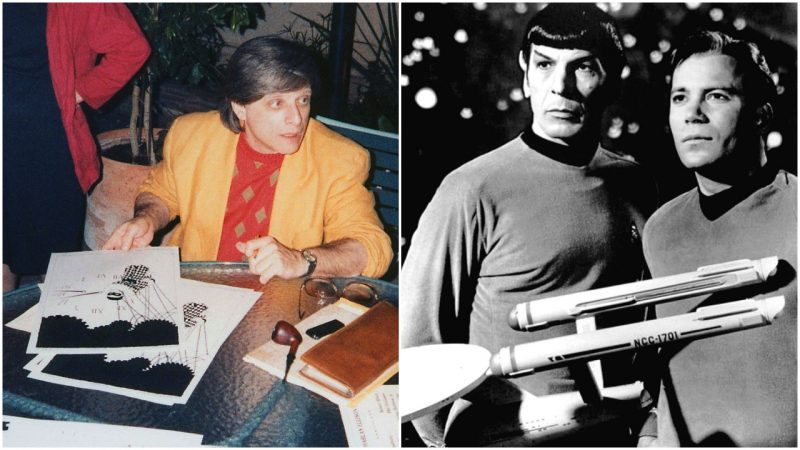The death of writer Harlan Ellison at the age of 84 on June 27, 2018, has released a torrent of remembrances about someone who possessed both great talent and enormous combativeness.
Isaac Asimov once called Ellison “one of the best writers in the world,” but he also said, “It is simply terrible that he should be constantly embroiled in matters which really have nothing to do with his writing and which slow him down tragically.”
Married five times, Ellison sued multiple people and companies throughout his career. He said, “You are not entitled to your opinion. You are entitled to your informed opinion. No one is entitled to be ignorant.”
It begins with what type of books he wrote. As George R. R. Martin wrote last week, Ellison “always preferred being called a fantasist to being called a science fiction writer, and he hated being called a ‘sci-fi writer.’ ”
Ellison himself put it this way in a TV interview: “Call me a science fiction writer, I’ll come to your house and I’ll nail your pet’s head to a coffee table. I’ll hit you so hard your ancestors will die.”
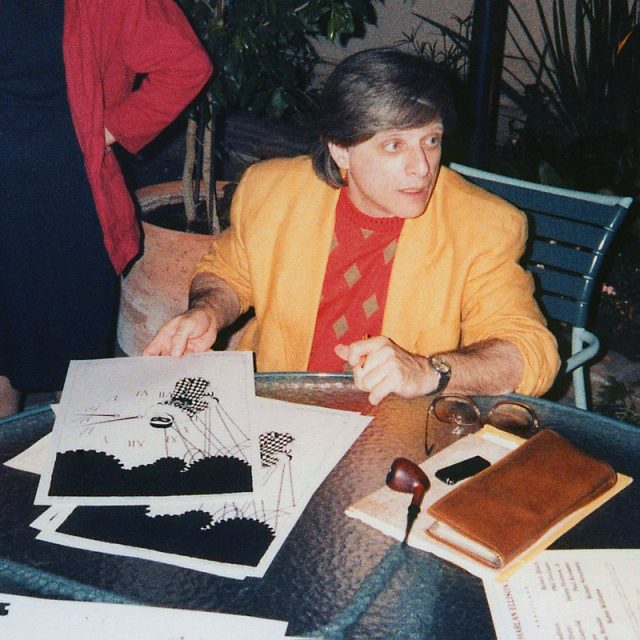
No matter how anyone defined him, Ellison hit a chord with readers. He wrote more than 1,700 short stories, as well as screenplays, comic book scripts, essays, and literary and film criticisms.
His 1969 novella A Boy and His Dog, a cycle of narratives, was particularly well received and made into a film. Ellison won eight Hugo Awards.
One of his most famous pieces of writing, and the source of one of his best-known feuds, was an episode he wrote for the original Star Trek called “The City on the Edge of Tomorrow.”
It aired on April 6, 1967, and some Star Trek connoisseurs consider it the best episode of the entire series.
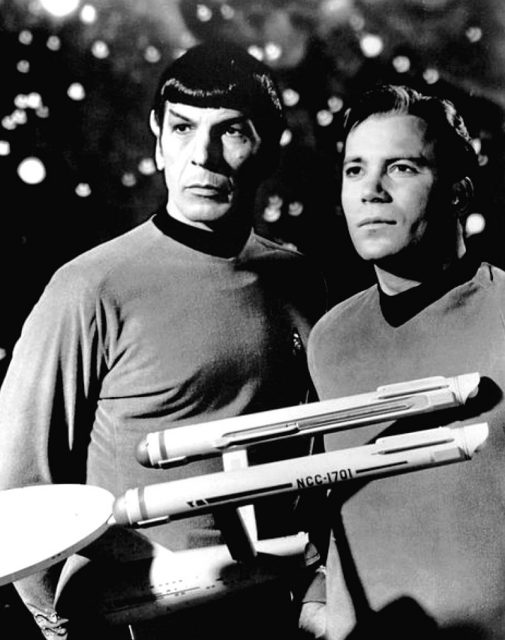
In the episode, USS Enterprise Captain James Kirk (William Shatner) and Mr. Spock (Leonard Nimoy) lead a landing party team to a strange planet in search of Dr. Leonard McCoy (DeForest Kelly), who had mistakenly injected himself with a drug that turned him paranoid and violent.
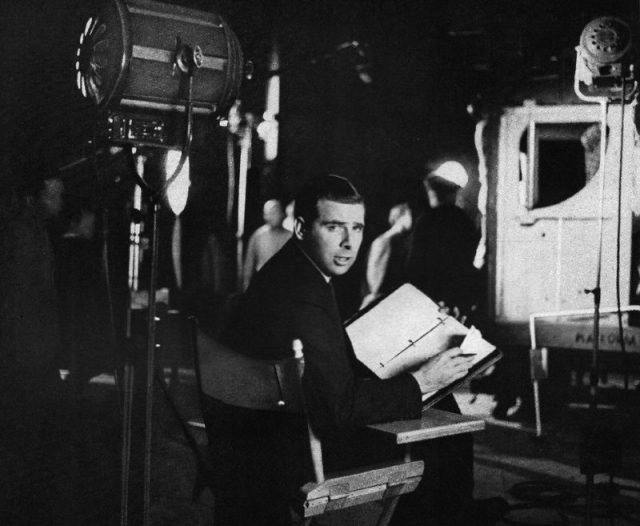
Once on the planet, the landing party encounters a stone arch called the Guardian, an extremely powerful time portal entity that can not only access centuries of time on other planets but change events.
After a deranged Dr. McCoy leaps through the arch into Earth’s past, the landing party loses contact with the Enterprise and it becomes clear that the doctor has changed history to the degree that there is no such space exploration any longer.
They are trapped there with the Guardian without a past or future.
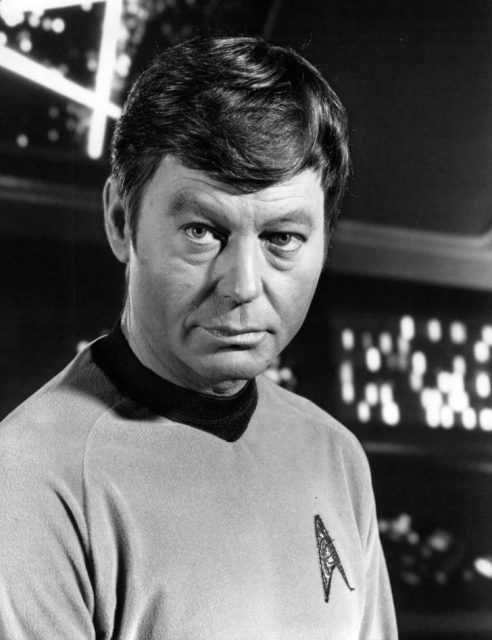
When Kirk and Spock leap through the arch to find McCoy and make right what he’s done, they find themselves in America in the early 1930s. While searching, they take handyman jobs at a mission for the poor run by a brilliant and empathetic social worker named Edith Keeler, played by Joan Collins. Kirk falls in love with her, only to discover that she is meant to die shortly after he meets her, in a traffic accident, but the recovered McCoy is about to prevent that, saving her life.
Cast of ‘Star Trek: The Experience’ reunites at Millennium Fandom Bar
The problem is, Edith Keeler would then go on to lead a pacifist movement that keeps the United States out of World War Two. Hitler wins the war, and the planet is thrown into a dark future. Kirk has to prevent McCoy from saving the woman he loves, an agonizing choice. One of the most famous dialogue exchanges is Kirk saying, “I think I’m in love with Edith Keeler” and Spock responding with, “Edith Keeler must die.”
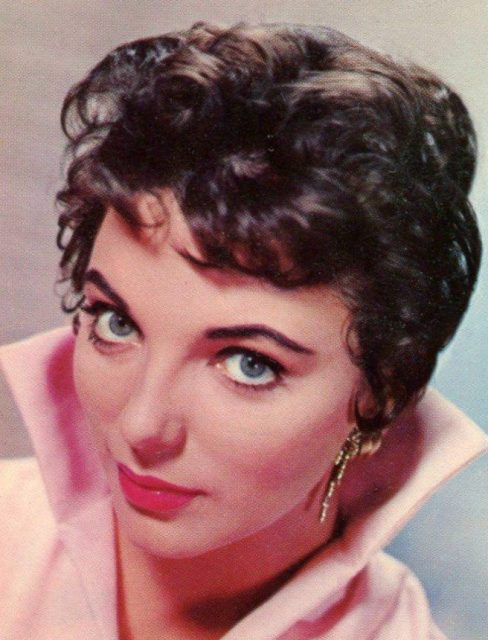
“City on the Edge of Forever” turned out to be a tense, moving, tender, and disturbing episode, with moments of deep emotion, and it was influential on other time-travel works.
But Harlan Ellison hated its final version and never stopped saying so. He wrote a different script, one that was reworked by Star Trek regular writers like D.C. Fontana, Gene Coon, and producer Gene Roddenberry himself. In Ellison’s version, the story is darker and wider ranging, with drug use as a larger theme, nine-foot aliens, and Kirk being ultimately unable to kill the woman he loves.
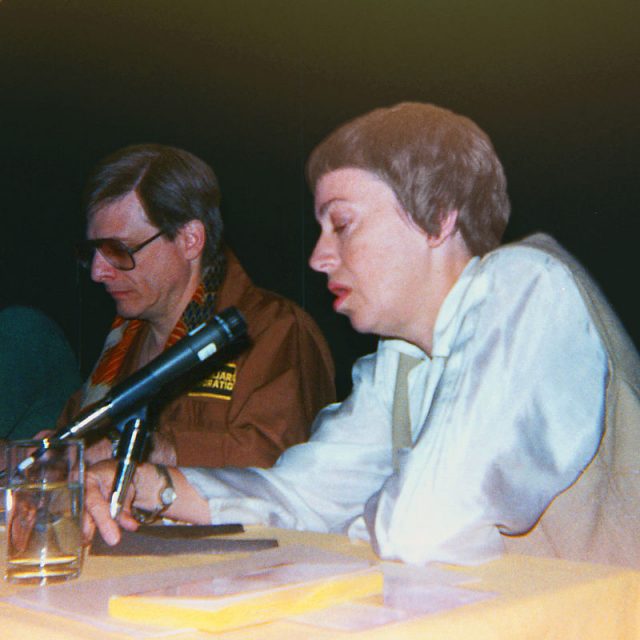
Ellison claimed he was used: recruited by Roddenberry to save his floundering TV show and then callously rewritten.
The episode was an immediate sensation and won the Hugo Award for Best Dramatic Presentation. Although Ellison accepted the award, he announced he was dedicating it to “the memory of the script they butchered, and in respect to those parts of it that had the vitality to shine through the evisceration.”
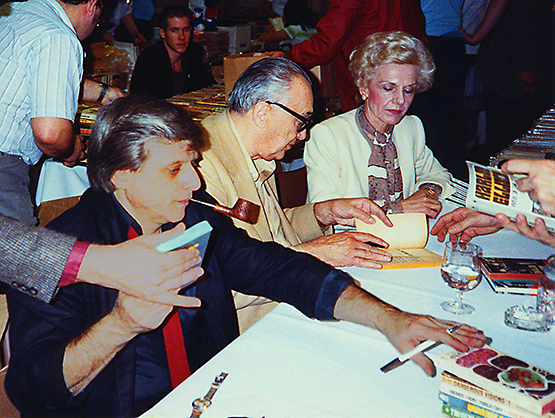
A feud between Ellison and Roddenberry went on for years. He sued CBS Paramount TV for merchandising royalties that he felt he was owed from the episode.
After Roddenberry’s death, Ellison published his original version of the script, to refute the rumors that it was too dark, big budget, and over the top. When dismissing Ellison’s work, Roddenberry said at one point, “many people would get prizes if they wrote scripts that budgeted out to three times the show’s cost.”
Ellison also had serious issues with the 1984 film The Terminator. He wrote a short story, “Soldier From Tomorrow,” which he adapted into an episode for the TV series Outer Limits. Ellison felt certain his time-travel story was made use of in the script for the hit film, directed by James Cameron, without anyone telling him or paying him.
To make a long story short, Ellison didn’t give up until he got some money (the amount is secret) and the addition to The Terminator of a rather bizarre screen credit: “Acknowledgement to the works of HARLAN ELLISON.”
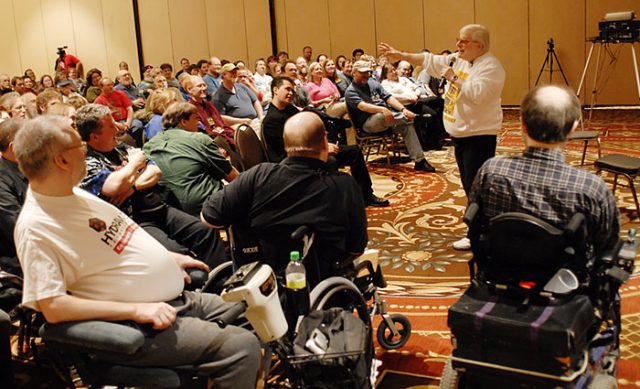
Reflecting on these disputes years later, Ellison wrote, “The solitary creator, dreaming his or her dream, unaided, seems to me to be the only artist we can trust.”
Ellison’s widow said that in recent years, Ellison was able to put behind him his rage over the Star Trek script being rewritten, but in the last 50 years couldn’t bring himself to watch it.
Nancy Bilyeau, a former staff editor at “Entertainment Weekly, Rolling Stone, and InStyle, has written a trilogy of historical thrillers for Touchstone Books. For more information, go to www.nancybilyeau.com.
